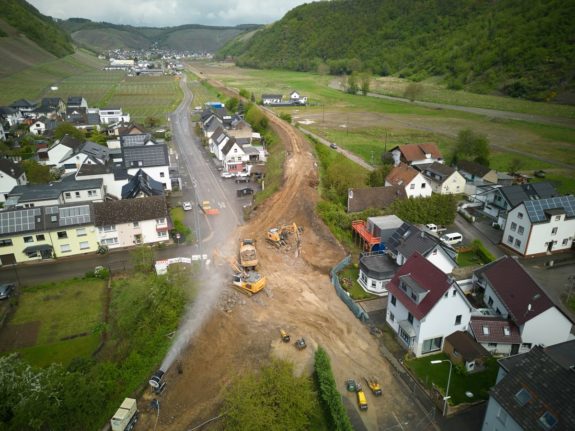The Süddeutsche Zeitung (SZ) revealed on Sunday that it had received more than two terabytes of information about shell corporations created for clients by Panamanian law firm Mossack Fonseca.
Those who have availed themselves of Mossack Fonseca's services include 12 serving or former heads of state, including people close to Russian President Vladimir Putin, Ukrainian President Petro Poroshenko, and Icelandic Prime Minister Sigmundur Gunnlaugsson.
While there are good legal reasons for some people or businesses to use shell companies, reporters at the dozens of international media organizations involved in researching the leak do not believe many covered in the files meet those criteria.
“Owning an offshore company isn't illegal,” the SZ wrote. “There is a string of businesses for which it seems logical… but if you look around in the Panama Papers, you quickly realize that in the vast majority of cases it's about concealing the real owners of the companies.”
The leaks have a “very significant” explosive power, said Georg Mascolo, head of the SZ's research collaboration with broadcasters NDR and WDR, on the Anne Will talk show on Sunday evening.
“We have never had such insight, on this scale, into the business of these tax havens,” he went on, adding that there were further stories yet to be published.
“Not everything is illegal, not everything is illegitimate,” Mascolo told broadcaster ARD on Monday morning. “But we nevertheless see that this system of shell companies is unbelievably suited to abuse.”
Georg Mascolo, Leiter des @NDR, @WDR, @SZ-Rechercheverbunds, zu der Frage: Warum sind die #PanamaPapers so brisant?https://t.co/p3Z2RfrCom
— tagesschau (@tagesschau) 4. April 2016
Interest in the files was so great that the SZ website was briefly inaccessible for some users after it began to be shared widely on social media, including by NSA whistleblower Edward Snowden.
Biggest leak in the history of data journalism just went live, and it's about corruption. https://t.co/dYNjD6eIeZ pic.twitter.com/638aIu8oSU
— Edward Snowden (@Snowden) 3. April 2016
“We were hacked,” Mossack Fonseca partner Ramon Fonseca Mora told TV station TVN in the Central American state. “This is a crime.”
Fonseca runs the law firm in cooperation with Jürgen Mossack, the son of Germans who fled Europe in the wake of the Second World War.
They insist that the company does not help with crimes such as money laundering or tax evasion, and that it simply creates companies and sells them to banks, wealth managers or lawyers, who then sell them to their own clients.
But 400 journalists from 80 countries have been poring through the files, including emails, receipts, bank statements, copied passports and others – 11 million in all – for more than a year and found plenty of evidence to the contrary.
On Sunday alone, the SZ published articles covering Putin, the head of the Fifa ethics committee, star footballer Lionel Messi, Poroshenko and others' use of the firm's shell companies for questionable ends.
Sweden's Nordea bank and around 400 Swedish citizens also feature in the leaked documents. Nordea's Danish branch and Denmark's Jyske bank also feature in the files.
Panama's government announced that it operates a “zero-tolerance policy in all areas of law and finance where work is carried out without the highest level of transparency” and that prosecutors would look into the files for evidence of crimes.



 Please whitelist us to continue reading.
Please whitelist us to continue reading.
Member comments